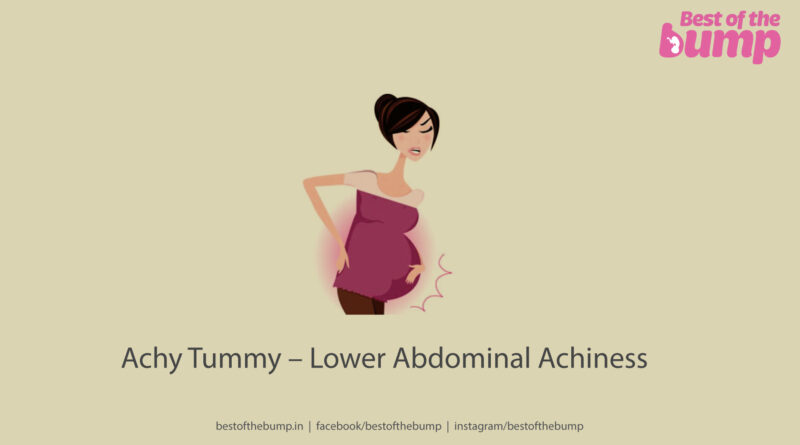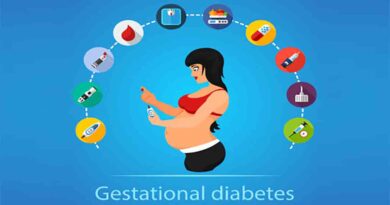Achy Tummy – Lower Abdominal Achiness
Explore the intricate journey of pregnancy and navigate the realm of lower abdominal achiness with grace. Learn about the common discomfort experienced by expecting mothers, its underlying causes, and ways to find relief. Discover how adjusting postures, prioritizing self-care, and maintaining open communication with healthcare providers contribute to a smoother pregnancy experience. Embrace the transformations, acknowledge the body’s resilience, and gain insights to nurture your well-being during this remarkable phase of life.
The journey of pregnancy is a profound experience, marked by the growth of life within and the ebb and flow of emotions. As women’s bodies undergo incredible transformations, the tapestry of pregnancy weaves together moments of joy, anticipation, and the occasional tinge of dread. Amidst the bulging tummies and fluttering kicks, the resilience of expecting mothers worldwide shines as they gracefully navigate the challenges while safeguarding their well-being.
Understanding Lower Abdominal Achiness

Lower abdominal pain, a common occurrence in pregnancy, often captures the attention of first-time mothers. This discomfort manifests as a spectrum, ranging from sharp pangs to dull, crampy aches primarily concentrated around the lower abdomen, where the uterus expands to accommodate the growing fetus. Referred to as round ligament pain by medical professionals, this sensation is a consequence of the dynamic changes unfolding within the body.
The intricate dance of pregnancy involves the stretching and thinning of ligaments surrounding the uterus in the groin area. As the uterus burgeons to provide a nurturing haven for the developing baby, these ligaments undergo strain and tension, occasionally leading to sensations of discomfort. The additional weight of the enlarging uterus, coupled with increased blood flow to support the pregnancy, adds to the complexity of sensations experienced.
Navigating the Phases of Abdominal Discomfort
The second trimester often witnesses a surge in this abdominal discomfort, aligning with rapid growth spurts of the uterus. Sudden movements such as changing positions, rising from a prone position abruptly, or sitting down with a sudden motion can act as triggers. Surprisingly, even mundane actions like coughing, sneezing, or laughing can stretch the muscles and provoke a twinge of discomfort.
Thankfully, for most mothers, adjusting their posture and adopting a more comfortable position brings relief. Sitting or lying down while elevating the feet allows the muscles and ligaments to unwind, gradually alleviating the ache. This deliberate choice promotes improved blood circulation, offering respite from persistent soreness. However, it’s vital to note that if the pain intensifies beyond the ordinary, lingers for an extended period, or is accompanied by other concerning symptoms, prompt medical attention is imperative. Consulting a healthcare professional can ensure comprehensive evaluation and appropriate intervention.
Embracing the Journey with Awareness
Pregnancy’s odyssey is both remarkable and nuanced, marked by the body’s adaptation to the miracle of life. Acknowledging the fluctuations and moments of discomfort is an essential part of this expedition. As the body evolves to nurture and sustain, attunement becomes key. By making subtle modifications in response to the body’s cues, mothers can traverse these episodes with heightened ease.
While the journey of pregnancy may present occasional challenges, it’s crucial to recognize that these moments of discomfort are often transient. The body’s inherent wisdom ensures that as hormonal rhythms shift and evolve, the discomfort naturally ebbs. This recognition reinforces the resilience of the body and underscores the innate capacity to navigate these phases.
Prioritizing Well-being and Communication
Maintaining well-being during pregnancy encompasses holistic care. Ensuring adequate hydration, embracing a balanced diet, practicing gentle prenatal exercises, and cultivating relaxation techniques all contribute to an overall sense of harmony. Equally paramount is fostering open communication with healthcare providers. Sharing experiences of lower abdominal achiness, no matter how trivial they may seem, allows medical professionals to provide tailored guidance and support.
In essence, the journey of pregnancy is a testament to the human body’s extraordinary capabilities. While lower abdominal achiness may punctuate this voyage, it is but a thread in the broader tapestry. As mothers-to-be tune into their bodies, practice self-compassion, and access the wealth of medical expertise available, they lay the foundation for a smoother journey. By honoring the journey’s intricacies and nurturing their own well-being, expecting mothers embark on this transformative experience with grace, resilience, and an unwavering commitment to their health and the health of their unborn child.




